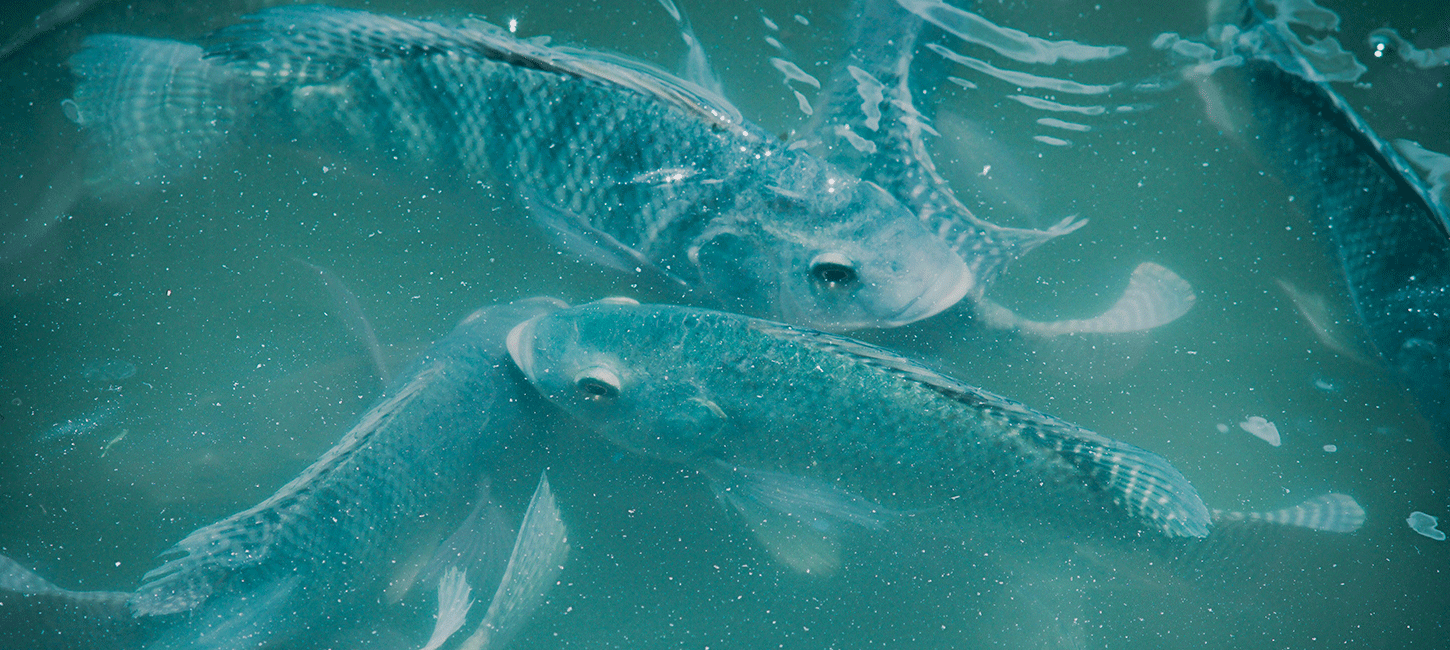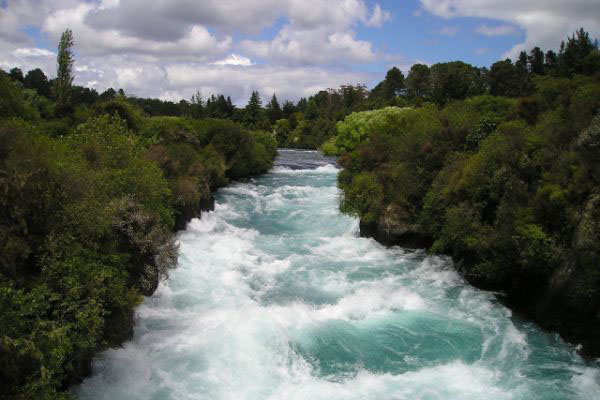Articles / insights / Pharmaceuticals / UWWTD
Antidepressants Water Contamination
Antidepressants Water Contamination
July 14, 2025
Antidepressants Water Contamination
The use of antidepressants has been increasing globally year-on-year, and their presence is being found in rivers and other aquatic ecosystems. In this article, we explore the effects of antidepressants on aquatic life, and how efficient removal of antidepressants from water mitigates their adverse effects on the environment.

The use of antidepressants has been increasing globally year-on-year and pose a threat to the environment
Antidepressants and How They Work
The antidepressants drugs market size is forecast to increase by USD 4.59 billion at a CAGR of 4.6% between 2024 and 2029 according to a report by Technavio.
The overall goal of antidepressant therapy is to modulate mood and behaviour. One of the most widely used types available are Selective Serotonin Reuptake Inhibitors (SSRI), like Citalopram, Fluoxetine and Sertraline, and these work by selectively inhibiting reuptake of serotonin into the presynaptic nerve terminals resulting in an increase in the synaptic concentration of serotonin.
How Antidepressants Enter the Waterways
When an antidepressant pill is swallowed, only a modest portion of the drug is ingested, and the remainder enters the environment through human and animal excretion. Incorrect disposal of unused products down the toilet, landfill leachate and discharge from pharmaceutical manufacturing facilities also contribute to contamination of waterways.
Threats to Aquatic Life
When antidepressants enter water systems through wastewater discharges or other means, it can cause ecological imbalances and pose a threat to aquatic life. SSRIs have been found to affect reproduction, behaviour, antioxidant activity, morphology, gene expression and development in both invertebrates and vertebrates.
Research has indicated that even low concentrations of antidepressants in the short term can lead to behavioural changes in fish and other aquatic organisms. It also showed exposure can alter feeding behaviour, reproduction patterns, and predator-prey interactions, disrupting the balance of aquatic ecosystems.
In laboratory experiments, fish in antidepressant contaminated water have been shown to exhibit changes in behaviour. Fish in the wild prefer to be in the shadows, as swimming out in the open raises their odds of attacked by a predator. However, fish on antidepressants swim around more in brightly lit areas of their tanks, unperturbed by the potential danger.
Moreover, the long-term effects of antidepressant contamination in water are a cause for concern. While the concentrations of the medications in water varies depending on environmental factors, it can persist for several weeks or even months. Extended exposure to SSRIs can have cumulative effects on aquatic organisms, potentially leading to population declines and ecological disruptions.

In laboratory experiments, fish in antidepressant contaminated water have been shown to exhibit changes in behaviour.
How Arvia Can Help
Efficient removal of antidepressants from water is crucial to mitigate its adverse effects on the environment and protect human health. Several options for removal have been employed to address this concern, each with its own advantages and limitations.
The most effective and sustainable process for antidepressant removal is the Nyex Rosalox™ system from Arvia Technology. This innovative system utilises a combination of adsorption and advanced oxidation processes to remove not only SSRIs but also a wide range of pharmaceutical compounds from wastewater.
The Nyex Rosalox™ system offers several advantages for water treatment, including enhanced removal efficiency, reduced energy consumption, and minimal production of waste.
More featured articles
01.31.2023

We discuss sustainable water management and how specific industry sectors would benefit by adopting water stewardship.
07.7.2025

The UWWTD is a pivotal piece of legislation in the EU protecting the environment from the adverse effects of urban wastewater discharge.
04.17.2025

In this article we discuss PFAS and the implications of these forever chemicals on human and animal health. We examine the routes of exposure, health impacts and how Arvia is helping to tackle the PFAS problem.
Our wastewater treatment expertise
Our water technology can be used to treat a variety of water treatment applications. Once we understand the nature of your wastewater and your final water quality target, our water treatment specialists can make recommendations as to how best to treat your water. Take a look at some of the Nyex applications here:
Need help? Speak with an expert